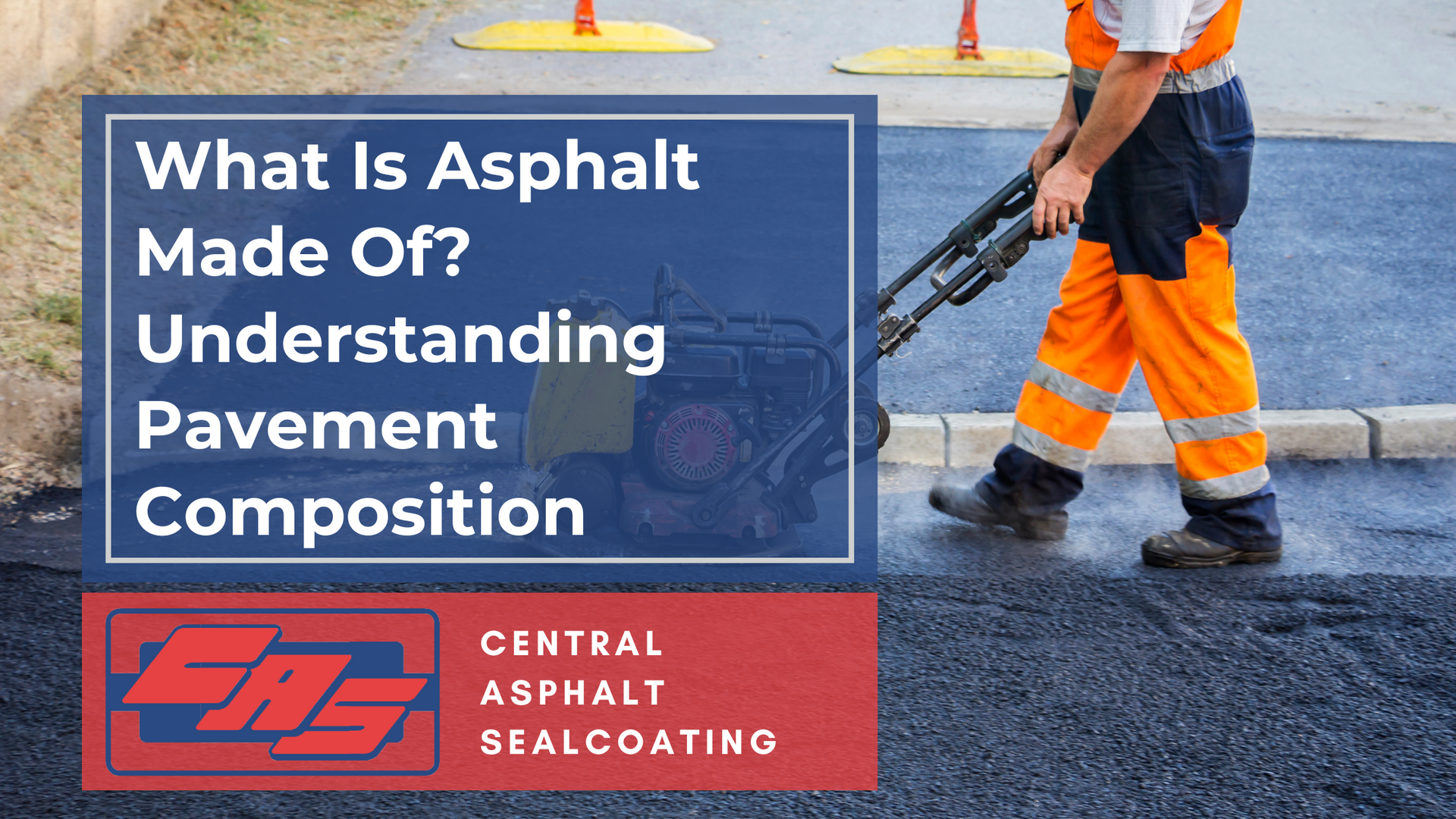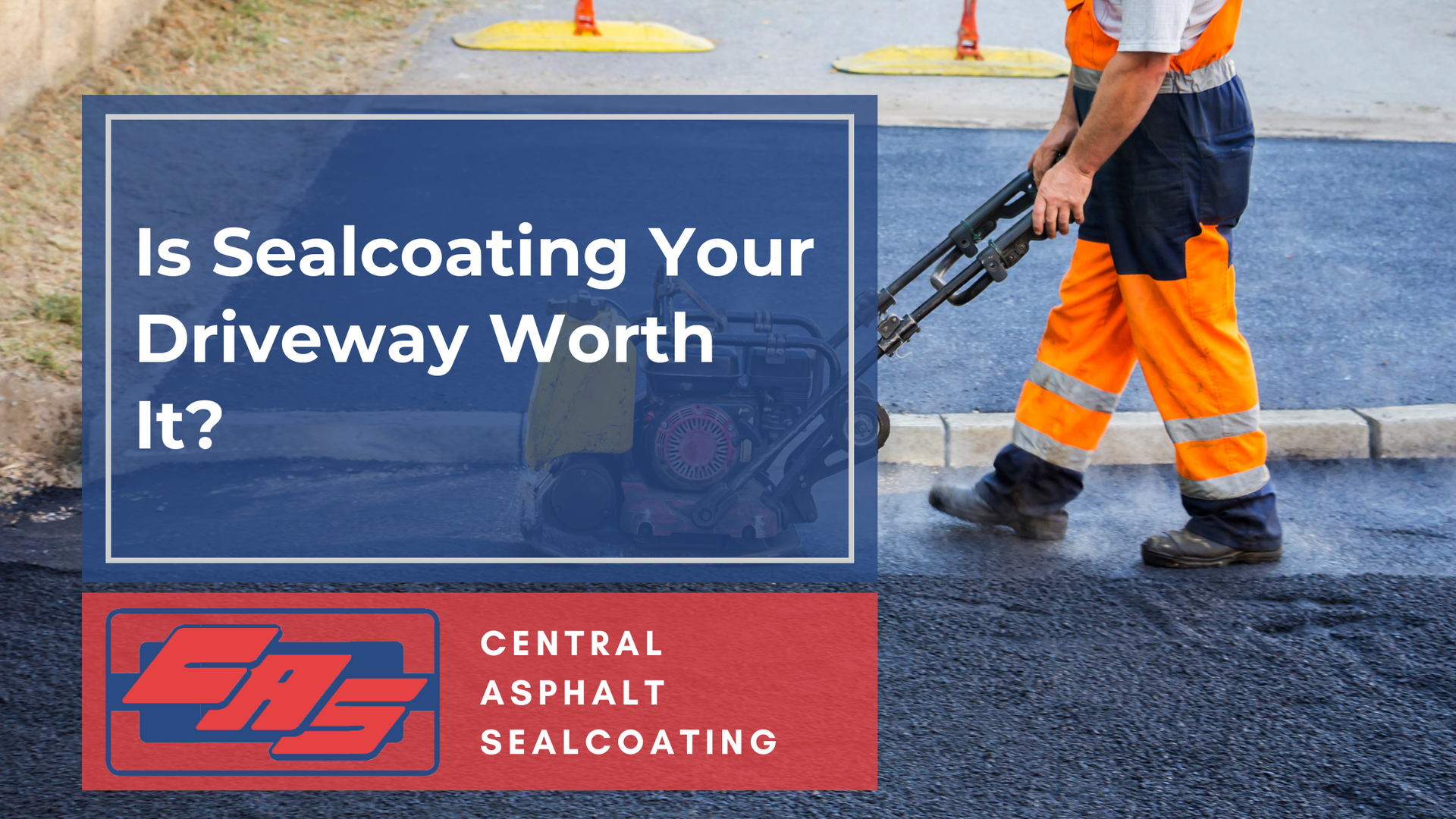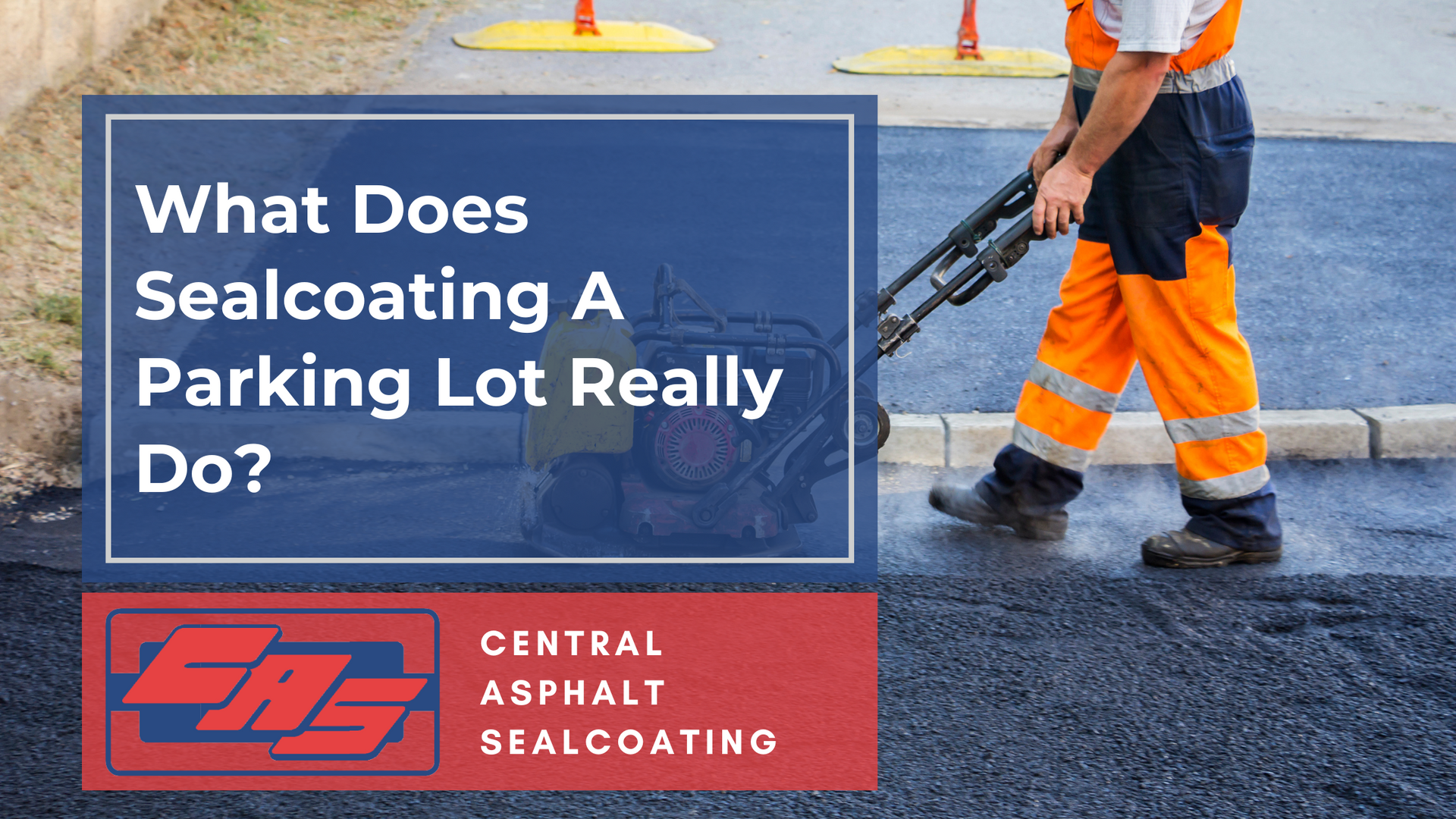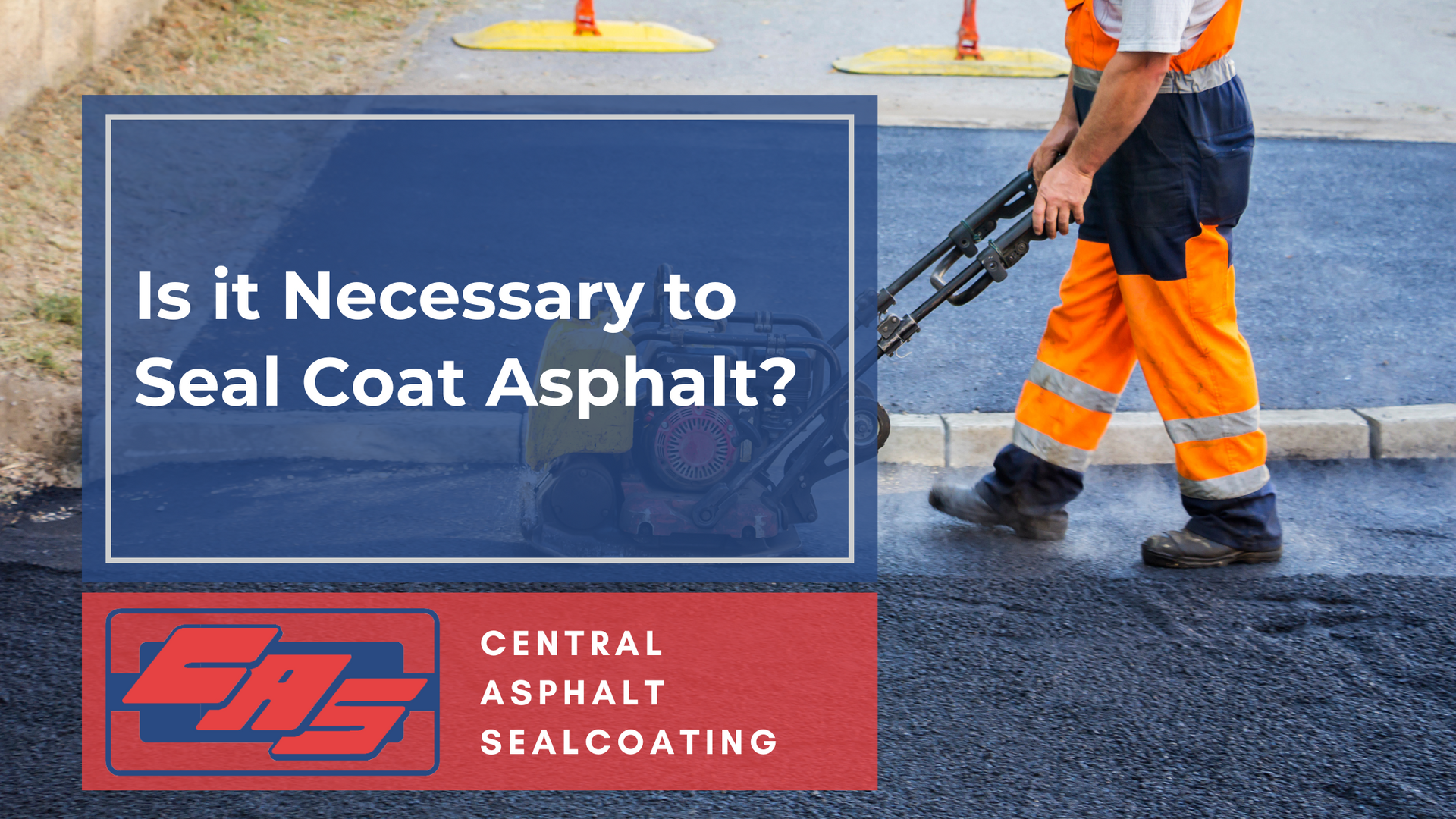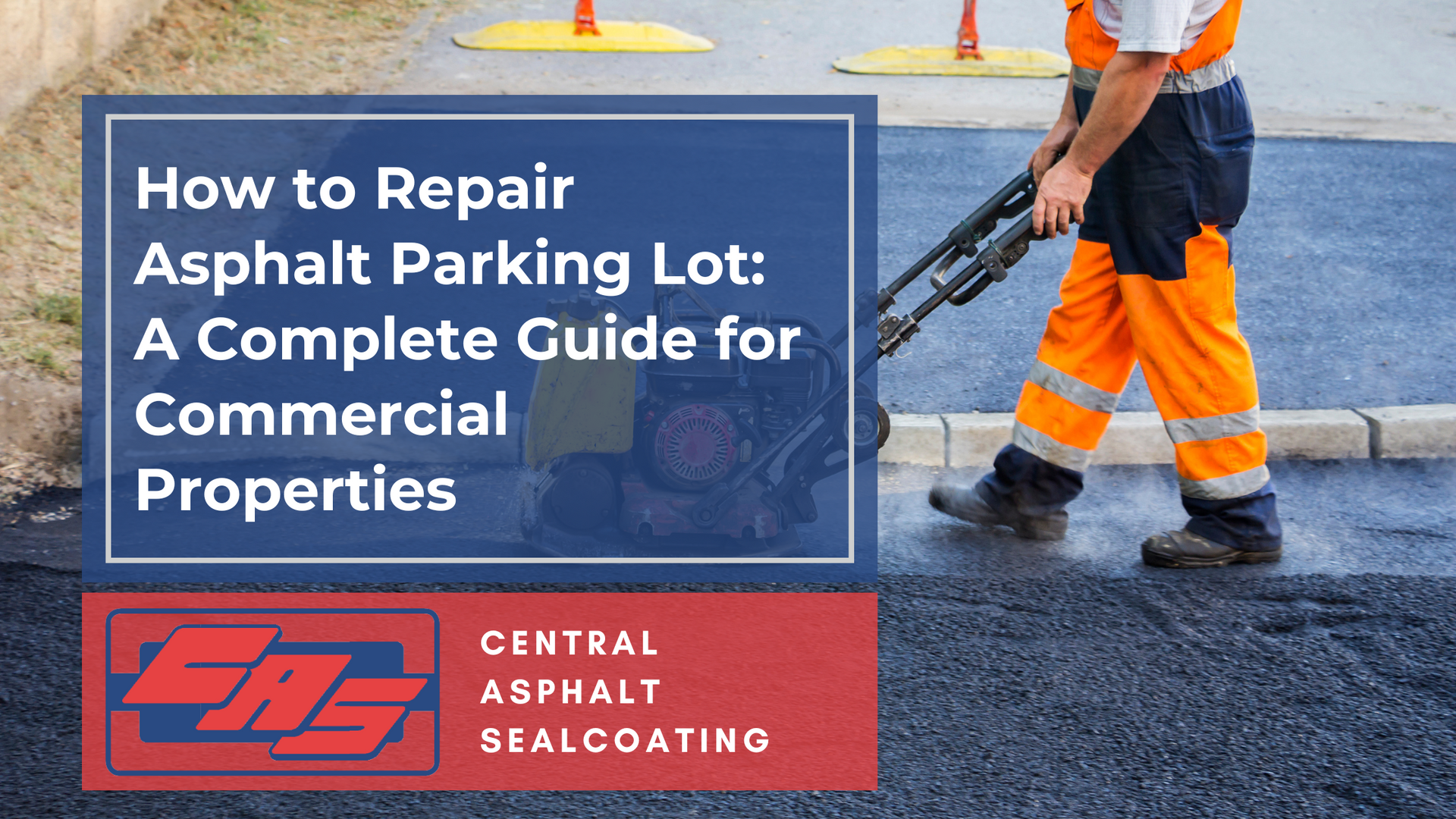Pros and Cons of Sealcoating Asphalt for Parking Lots
Maintaining your business's asphalt parking lot is crucial for preserving your property's professional appearance and protecting your commercial investment. One of the most debated maintenance tasks is asphalt sealcoating. While some business owners swear by regular sealcoating, others question whether it's worth the cost and effort. Let's explore the advantages and disadvantages of sealing your commercial asphalt surfaces to help you make an informed decision.
The Pros of Sealing Your Business Parking Lot
- Enhanced Protection from the Elements: Sealcoating creates a protective barrier that shields your asphalt from UV rays, rain, snow, and temperature fluctuations. This protection helps prevent cracking, fading, and premature deterioration that can lead to costly repairs and potential liability issues.
- Professional Business Image: A freshly sealed parking lot projects a professional, well-maintained business image that makes a positive first impression on customers and clients. The smooth surface also makes cleaning easier and demonstrates attention to detail that reflects positively on your brand.
- Extended Lifespan: Regular sealing can significantly extend your parking lot's life by up to 30%. By preventing water penetration and oxidation, sealcoating helps maintain the asphalt's flexibility and structural integrity, protecting your substantial commercial investment.
- Cost-Effective Maintenance: Compared to complete parking lot reconstruction, sealing is relatively inexpensive. The investment in regular maintenance can save tens of thousands of dollars in major repairs or premature replacement while maintaining business operations.
- Easier Snow Removal and Cleaning: The smooth, sealed surface makes snow removal more efficient and prevents stains from oil, gasoline, and other automotive fluids from penetrating deep into the asphalt.
The Cons of Sealing Your Asphalt Driveway
- Upfront Costs and Ongoing Expense: Professional sealing costs between $0.15 to $0.50 per square foot, and the process needs repeating every 2-3 years. These recurring costs can add up over time.
- Weather Dependency: Sealcoating requires specific weather conditions – dry weather for 24-48 hours before and after application. This timing constraint can be challenging in certain climates.
- Temporary Inconvenience: The driveway becomes unusable for 24-48 hours during the curing process, which can be inconvenient for busy households.
- Potential for Poor Application: Improper application can lead to peeling, streaking, or uneven coverage. Using low-quality products or inexperienced contractors can result in disappointing outcomes.
- Not Always Necessary: New asphalt driveways don't need immediate sealing, and well-maintained driveways in mild climates may not require frequent treatment.
- Making the Right Choice: The decision to seal your asphalt driveway depends on factors like climate, driveway age, traffic volume, and budget. In harsh weather conditions with frequent freeze-thaw cycles, sealing provides significant benefits. However, in mild climates with newer driveways, the necessity may be less urgent.
Frequently Asked Questions
How often should I seal my asphalt driveway?
Most experts recommend sealing every 2-3 years, but this varies based on climate, traffic, and the previous seal's condition.
Can I seal my driveway myself?
Yes, DIY sealing is possible with proper preparation and quality materials. However, professional application often yields better, longer-lasting results.
What's the best time of year to seal a driveway?
Late spring through early fall is ideal, with temperatures between 50-85°F and no rain expected for 48 hours.
How long does sealcoating last?
Quality sealcoating typically lasts 2-3 years, depending on weather conditions and driveway usage.
Should I seal a brand new asphalt driveway?
No, wait 6-12 months for new asphalt to cure properly before applying the first seal coat.
